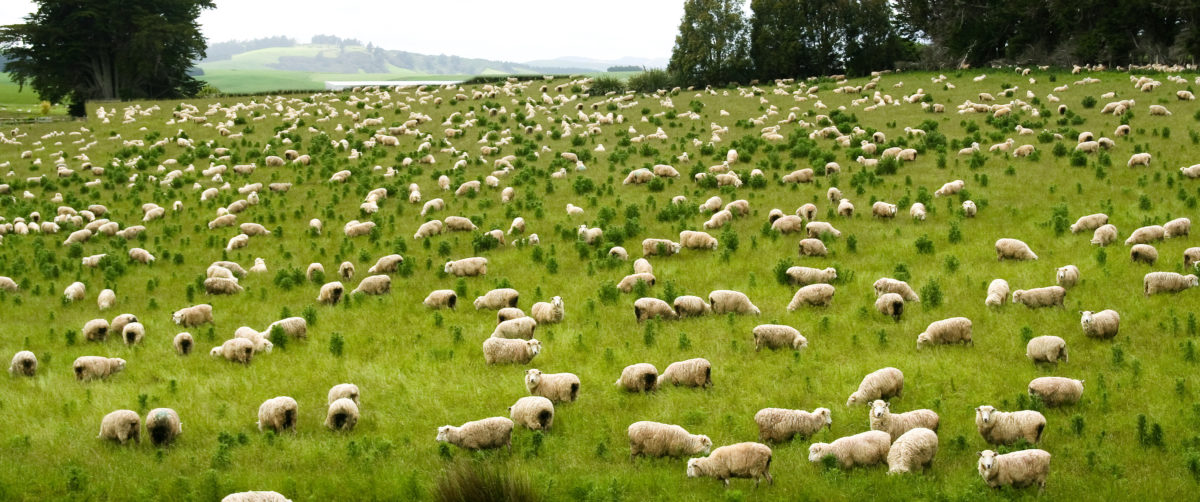The Government is backing a project to support Māori landowners to invest in New Zealand’s rapidly growing sheep milk industry, Agriculture Minister Damien O’Connor said today.
It is investing in the Māori Agribusiness Sheep Milk Collective, which aims to have several farms milking about 25,000 sheep and potentially employing more than 100 people by 2030.
Global demand for sheep milk and sheep milk products is booming, Mr O’Connor said. Exports of New Zealand sheep milk products were valued at $20 million in 2020.
The Government is injecting $700,000 into the Māori Agribusiness Sheep Milk Collective to help it explore the potential to sustainably produce sheep milk at scale, create jobs and further grow this emerging export market.
The collective is made up of 20 Māori land trusts and incorporations that own more than 24,000 hectares of land stretching from the western shore of Lake Taupō to the Hauraki Plains.
The sheep could initially produce more than six million litres of milk, or one million kilograms of milksolids, within a kaupapa Māori-owned value chain.
The collective was set up through the Ministry for Primary Industries’ Māori Agribusiness Extension programme, which has been allocated $12 million over four years to provide farmer-to-farmer support to Māori landowners and trustees.
“The investment is part of the Government’s Fit for a Better World roadmap, which aims for food and fibre sector exports to earn an extra $44 billion over 10 years,” Damien O’Connor said.
“MPI’s Māori Agribusiness team has partnered with 26 Māori agribusiness clusters across the motu since 2019, helping Māori landowners access support and expertise.”
The Government is also supporting wider industry research to capitalise on growing demand for sheep milk.
The ministry is funding a $12.56 million six-year project with the aim of building a high-value and sustainable sheep dairy industry in Aotearoa New Zealand, Damien O’Connor said.
“Last year construction and development was taking place across several new sheep dairy farms in the greater Waikato and a new infant formula was launched as part of the project.
“We are focussed on our economic recovery from COVID-19. By strengthening the environmental credentials of our food and fibre products and capturing further value growth, Fit for a Better World drives us along that recovery,” Damien O’Connor said.
Source: Minister of Agriculture












